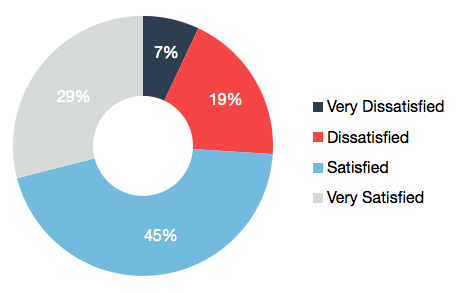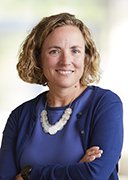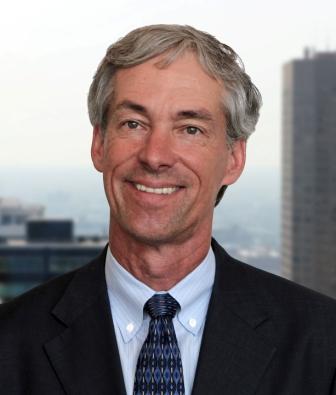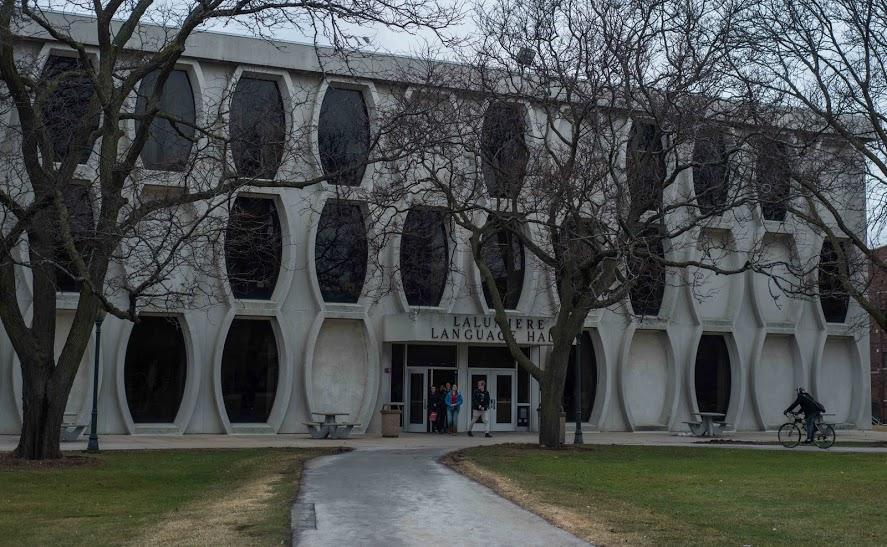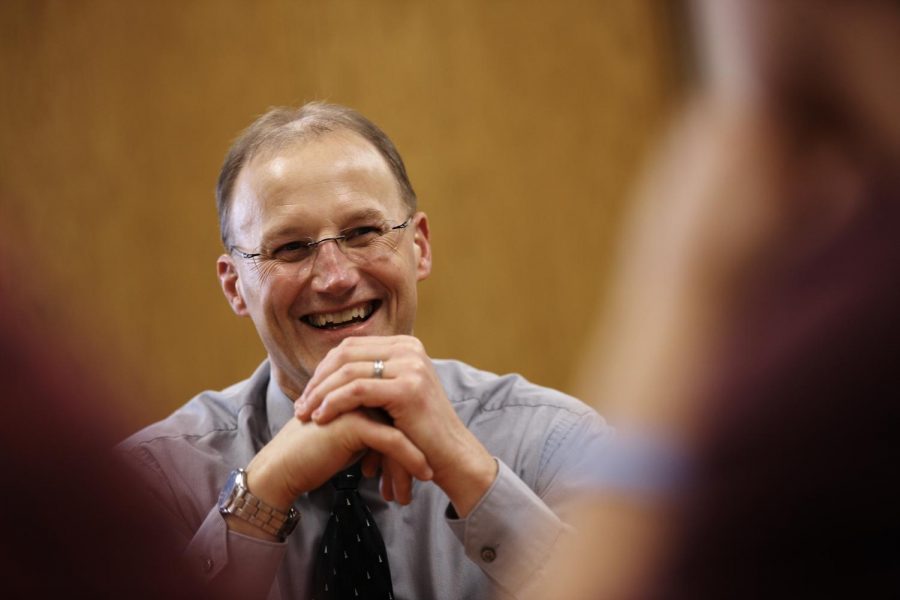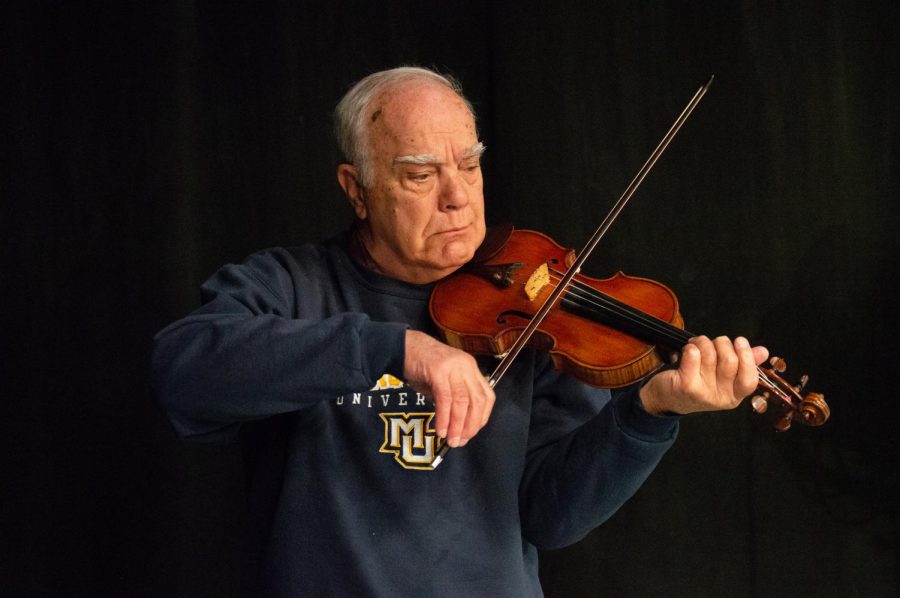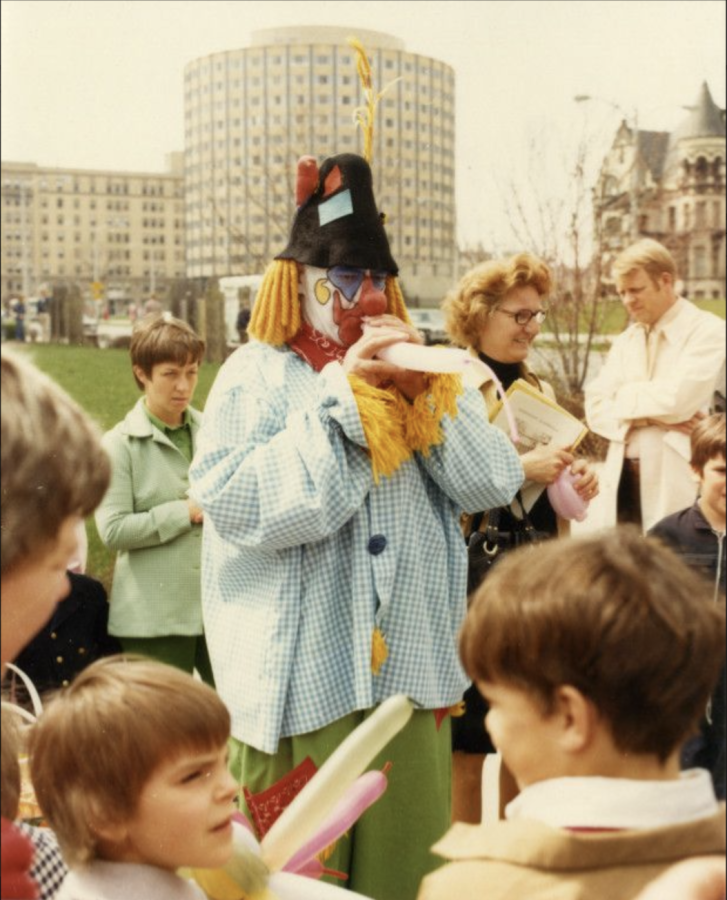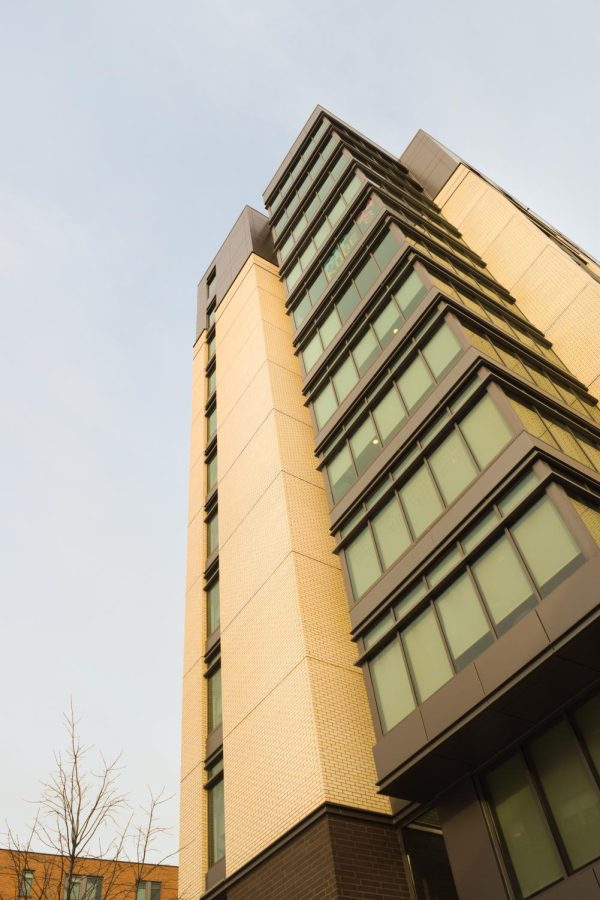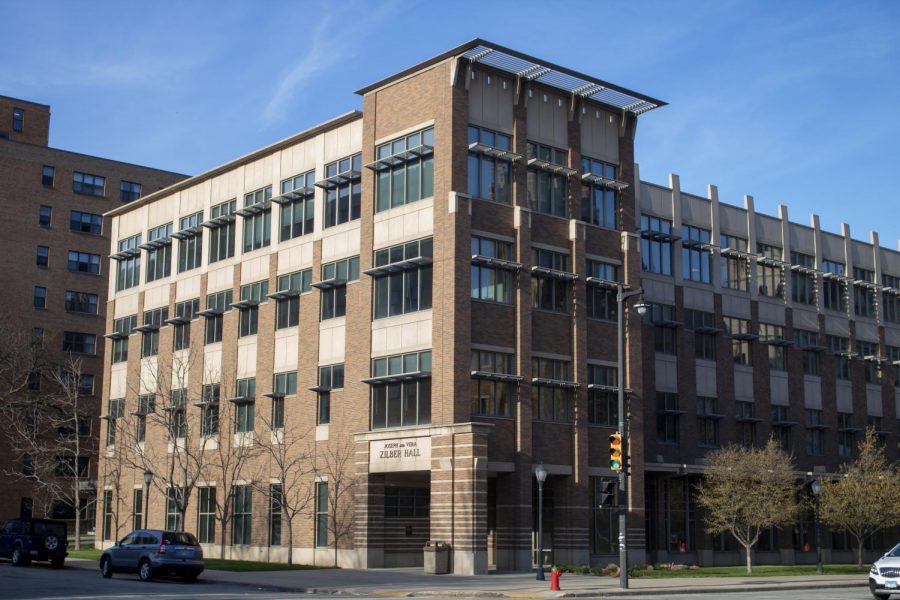The second of four finalists for the College of Arts & Sciences deanship visited campus Friday to discuss the role of arts and sciences at a Jesuit university in the 21st century.
Marc Muskavitch, a professor of biology at Boston College and an adjunct professor at Harvard University, also addressed topics such as rising tuition prices, the appropriation of faculty salaries and the need for a new life sciences building on campus.
“I think at its best, what liberal arts does is that it invites and enables students to understand the past, engage in the present and embrace the future, to think critically and compassionately and act intentionally,” Muskavitch said.
Approximately 30 people attended the 20-minute presentation to ask Muskavitch questions about his vision for the College of Arts & Sciences.
Muskavitch emphasized the importance of improving students’ career preparation, noting that the current generation of college students is more likely to have experience with multiple employers rather than just one or two long-term employers like previous generations.
He said he believes students can be resilient to the changes of the 21st century through a strong core foundation, a specialized major and a cultivation of the idea of “dynamic vocation.”
“I think we have a responsibility to help students find their way into their first vocation and then a path to subsequent vocations,” Muskavitch said. “Marquette and other institutions should be schools that are concerned about vocation but not be vocational schools.”
Along with vocational training, Muskavitch also emphasized the importance of strengthening the core curriculum.
“If I could wave a magic wand and confer three literacies on every undergraduate – and ideally all of the graduate students – I would say I would like them to be historically literate, scientifically literate and ethically literate,” Muskavitch said.
In light of the newly announced increase in tuition, the candidate discussed rising tuition prices. Muskavtich said he would be open to creating a discussion on campus about the inflation of tuition costs.
“We need to raise the resources – find the resources through fundraising – so that no student has to leave Marquette over the matter of one, two, three or four thousand dollars,” Muskavitch said. “I do not want us to be losing students because a few thousand dollars could have kept them.”
Muskavitch also briefly discussed topics such as branding, faculty salaries and the College of Arts & Sciences’ interaction with other university centers during the question-and-answer portion of the lecture.
“I think we need to make (salaries) competitive,” Muskavitch said, admitting his lack of expertise about salaries at Marquette but saying all faculty should be compensated appropriately. “One of the questions is ‘What are the normative competitive salaries at Marquette?’”
When asked about the possible creation of a new biology building to replace the Wehr Life Sciences building, which has had some infrastructural problems in the form of overheating, Muskavitch said he would suggest the building house multiple disciplines rather than just the life sciences – though with the anchor tenants being the life sciences departments.
“In my view, to build properly for the university for this century, we need to build flexible space that can be reconfigured and shared,” Muskavitch said. “I hope that in such a space, the biologists will encounter the chemists and physicists. I actually hope they will encounter the philosophers, theologians, and the political scientists and sociologists. I even have the crazy thought that they will encounter people from nursing and engineering.”
Emma Gotter, a sophomore in the College of Communication with a minor in the College of Arts and Sciences, said she was pleased that Muskavitch would be willing to take an active role in fundraising for a new life sciences building.
“The fact that he would be pushing to update all these classrooms and raise money for that encouraged me that maybe he might be able to raise money for other areas of the school to update a lot of the facilities that are lacking,” Gotter said.
During the opening portion of the talk, Phillip Naylor, a professor of history and the chair of the dean search committee, said he was impressed by Muskavitch’s founding of the Science Technology and Research Scholars program at Indiana University, which places undergraduate students in research settings during their freshman year.
“The search committee learned that Professor Muskavitch likes taking the initiative and being innovative and bold,” Naylor said. “(He) likes challenging himself and others. He not only pursues ideas but implements them.”
The third finalist for the deanship, Erik Herron, associate chair and professor of political science at the University of Kansas, will be on campus today at 4 p.m. in AMU Ballroom B.
The last candidate, Richard Holz, an associate dean and professor of chemistry at Loyola University Chicago, will visit Marquette Thursday at 4 p.m. in AMU room 227.
The forums will be available to watch online once Holz completes his visit.

